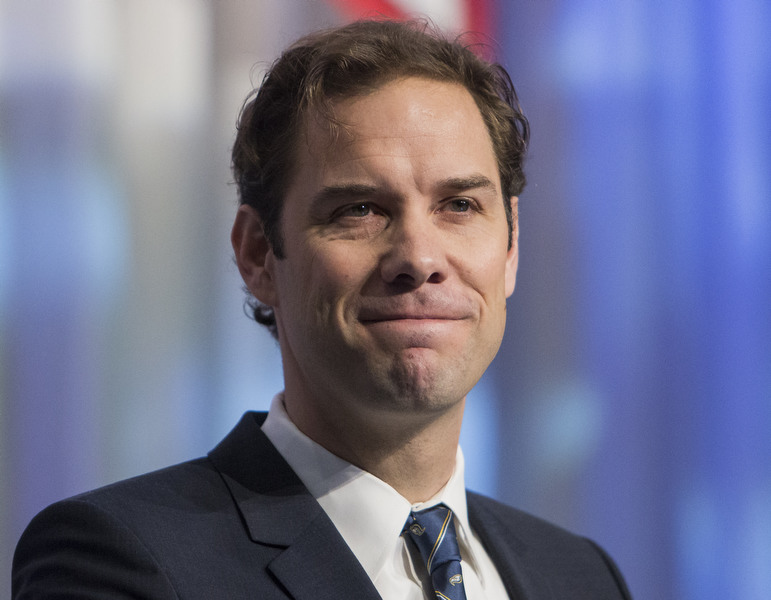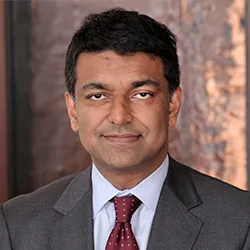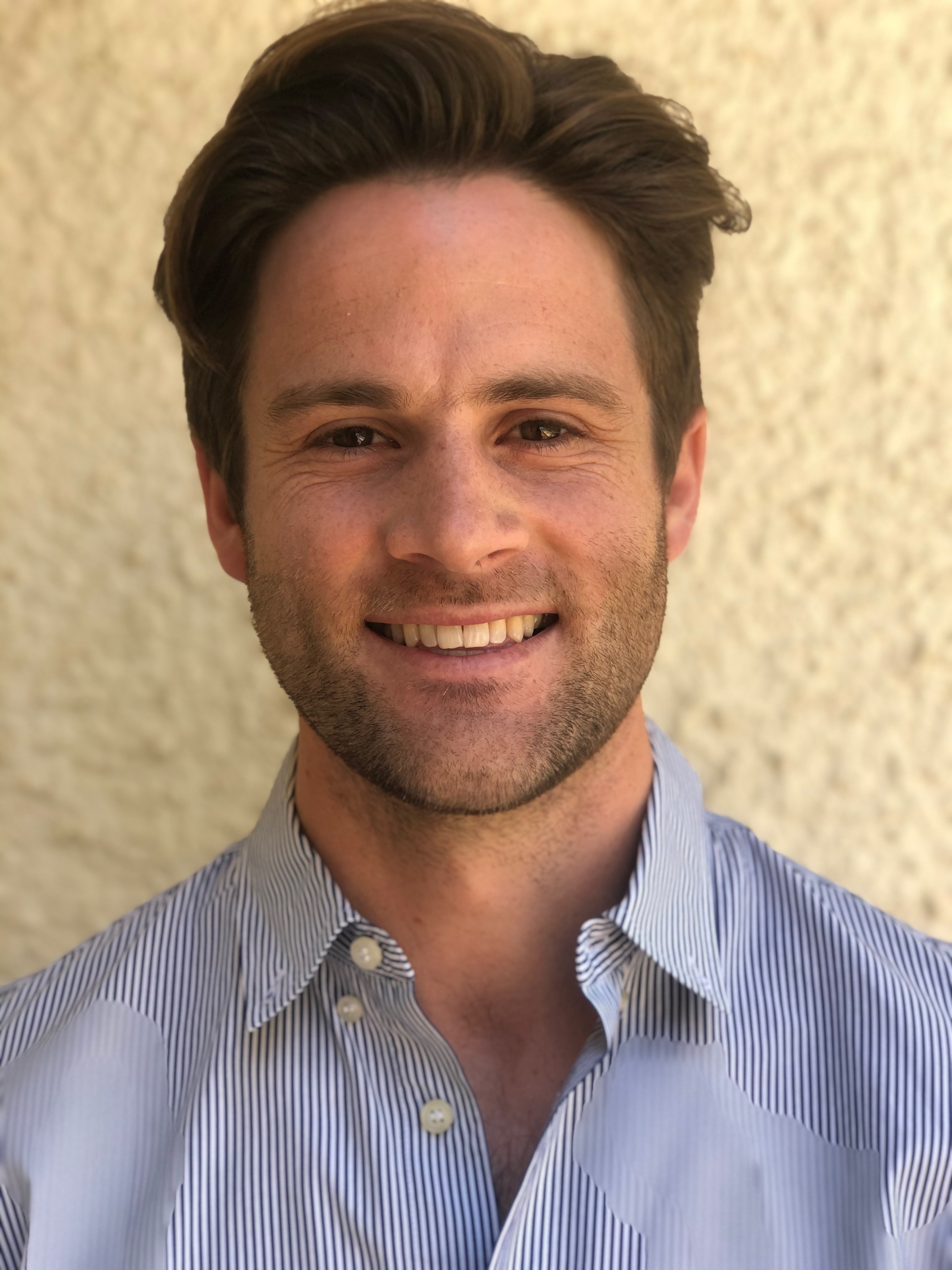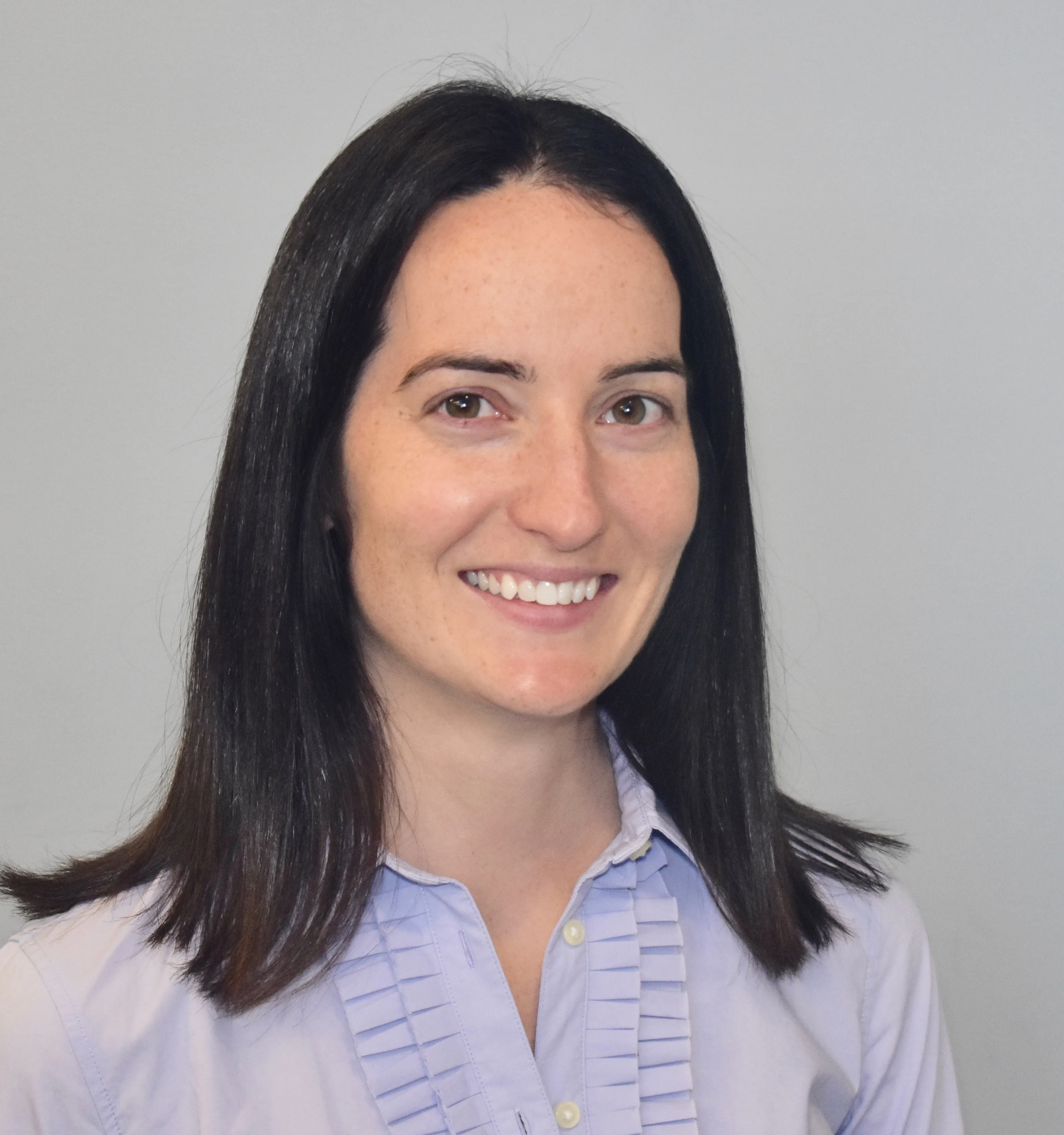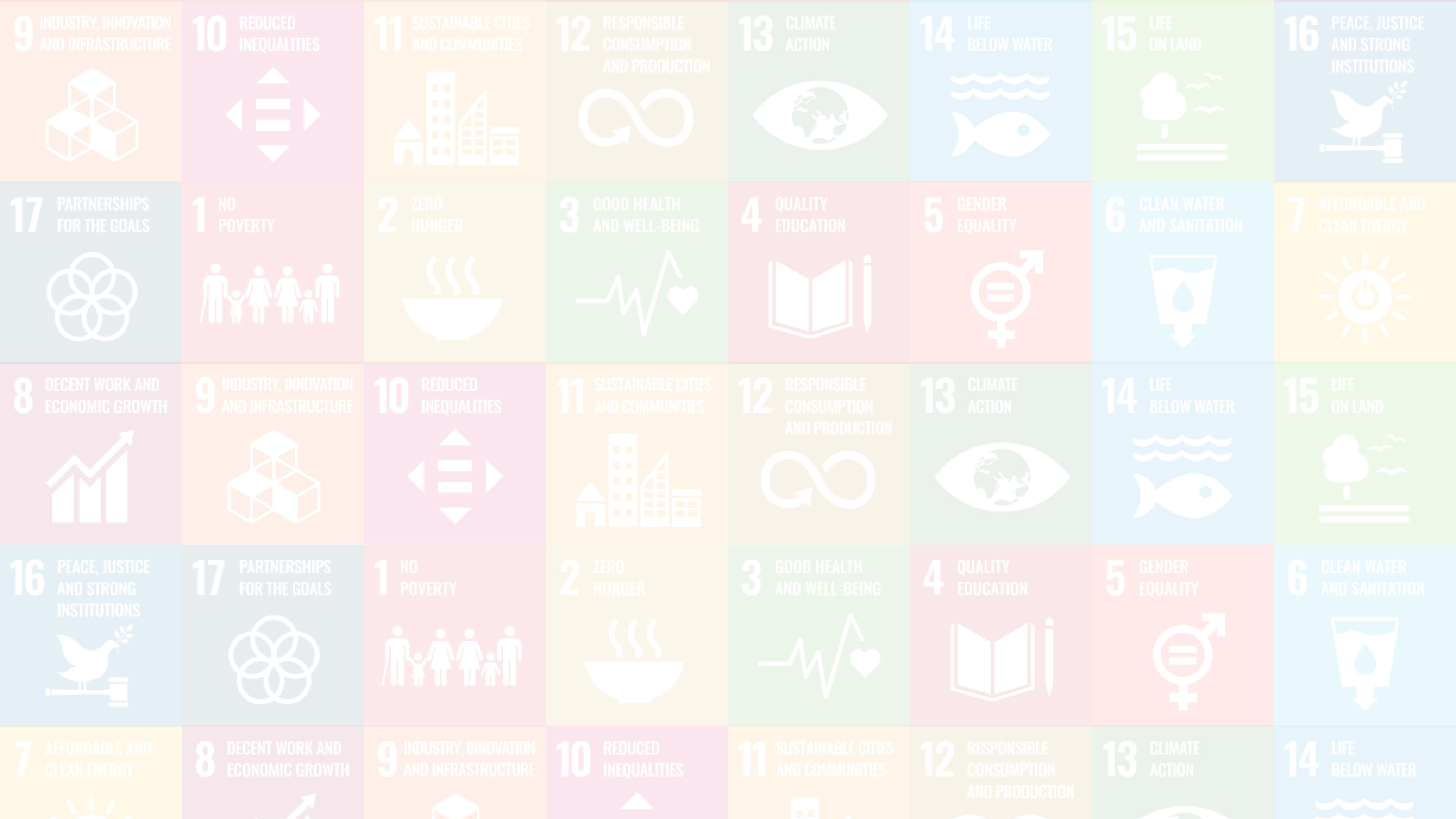
17 ROOMS
2022 GLOBAL FLAGSHIP SYNTHESIS REPORT

Message from 17 Rooms co-chairs

Everyone agrees on the need for more and faster progress across all the Sustainable Development Goals (SDGs). Promises are easy. Results are what matter. The 17 Rooms initiative takes non-traditional approaches to help people with ideas and ideals drive action, gather insights, and forge the bonds of community that underpin longer-term gains. We are deeply committed to growing a new type of enterprise that democratizes the SDGs so that people everywhere can take them into their own hands. This report shares updates from the annual 17 Rooms flagship, en route to this larger vision.

Zia Khan & John McArthur
About 17 Rooms
A partnership between the Center for Sustainable Development at The Brookings Institution and The Rockefeller Foundation, 17 Rooms is an initiative aimed at advancing the economic, social, and environmental priorities embedded in the 17 Sustainable Development Goals.
Executive summary
The 17 Rooms initiative continues to drive action across all the Sustainable Development Goals (SDGs), using unique approaches to help groups unlock and accelerate diverse paths to progress. In the 17 Rooms 2022 flagship, 17 highly curated working groups, one per SDG, came together to craft “next step” actions on priorities ranging from prototyping digital data cooperatives in South Asia, to updating African food and protein policies, and reimagining the role of education systems in climate action worldwide. Several Rooms brought unconventional allies together to prompt new waves of momentum and new forms of accountability. Several focused on actions to bridge environmental and societal outcomes, while others pursued localized tools to tackle global challenges. Meanwhile, in the spirit of enabling local leadership on the SDGs, 17 Rooms-X (or simply “17-X”) offers a widely accessible approach to help communities of all scales take SDG action into their own hands. In 2023, people around the world are invited to bring their own ideas and direct engagement to the 17 Rooms movement.
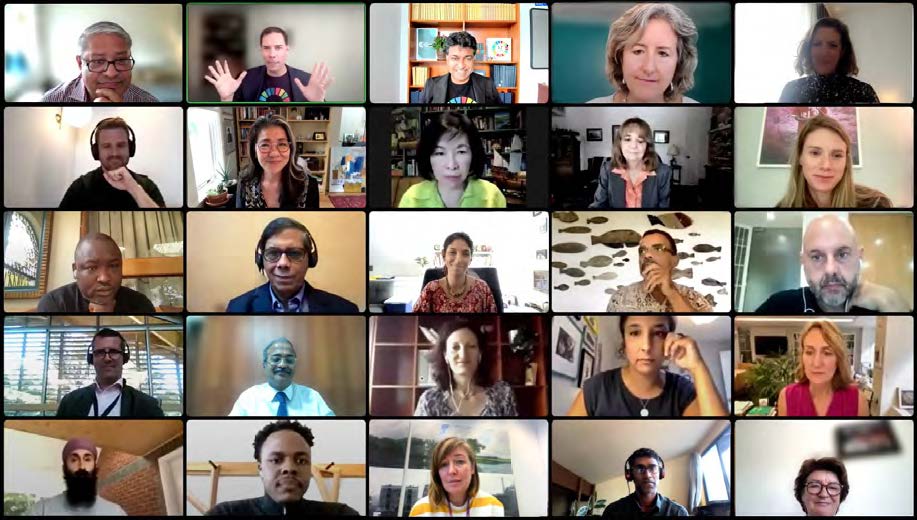
Introduction
The world is struggling to shore up basic tenets of cooperation, at all scales. Many countries are competing rather than joining forces on shared challenges. Many societies are dividing rather than uniting to confront common problems. Shortfalls in progress erode trust in public institutions, and autocratic forces are on the rise. Communities’ perceived lack of agency makes it harder to generate positive momentum on humanity’s greatest tasks.
17 Rooms aims to help groups come together quickly and efficiently to be the change.
In 2015, the Sustainable Development Goals (SDGs) set the stage for a new approach to cooperation, when all 193 U.N. member states agreed on 17 economic, social, and environmental objectives to transform our world by 2030. Since then, the SDGs have become an increasingly common reference point for government, business, science, and civil society. But these goals have not yet broken through as drivers of collective change. On the heels of cascading crises, U.N. Secretary-General António Guterres has described an urgent need to “rescue” the SDGs.
SDG supporters around the world need to confront a stark reality. Many SDG-affiliated processes declare a need for transformative long-term change. Too few focus on creating new ways for people to come together around practical steps toward change. In this context, 17 Rooms aims to help groups come together quickly and efficiently to be the change.
Since launching in 2018, experience from the 17 Rooms initiative has surfaced three important ingredients for driving new forms of SDG progress.
First, people need to be able to take the SDGs into their own hands—across every level and scale of community. Groups should not have to wait on other institutions or legacy processes to drive progress. Whatever a person’s role in an organization or broader society, motivation can spring from direct ownership of shared action.
Second, difficult societal problems require diverse mixes of people, perspectives, and assets coming together to drive shared action. The world has many spaces for incubating new approaches driven by specific organizations. It needs more venues and know-how for growing goal-oriented actions that can take root across a range of constituencies.
Third, leaders and organizations need places to connect across professional and geographical boundaries to broaden outlooks, spark new approaches to action, and pursue broader impact. Specialists working on each SDG can learn a great deal from peers working on other SDGs.
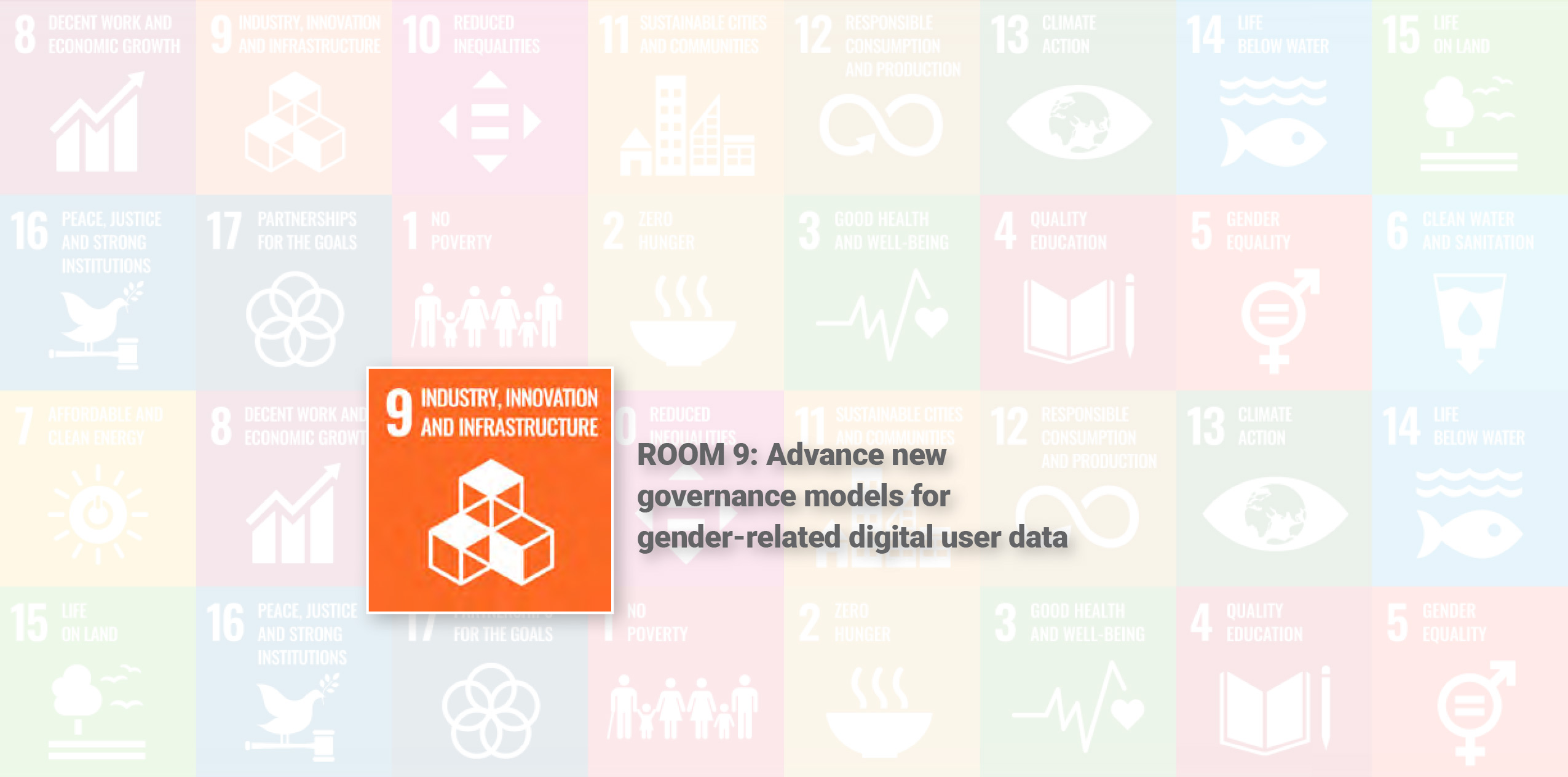
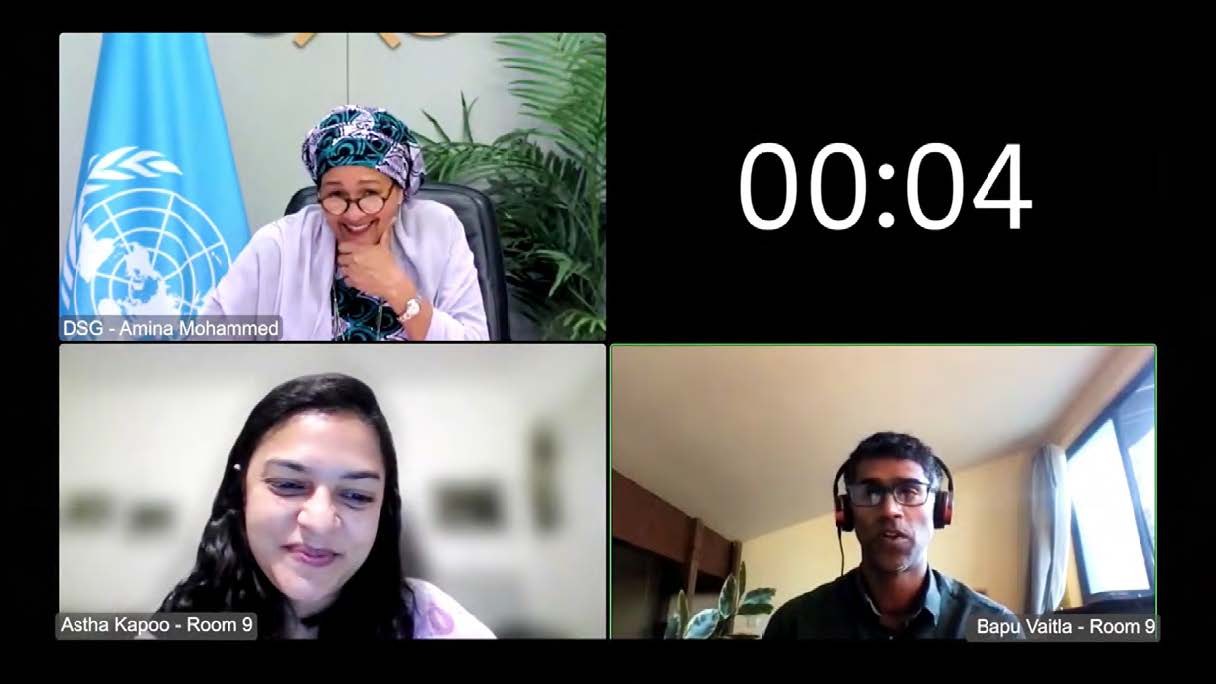
17 Rooms begins with the premise that when people come together with the mindset of driving shared action, they are more likely to foster the types of collaboration, insight, and community bonding that are essential for tackling society’s greatest challenges. We do this by offering a platform for 17 action-specific working groups, one per SDG, to solve problems in parallel and in concert.
In previous publications, we have articulated core design principles, tested an array of approaches to fast-tracking cooperation, and seen a growing range of local leaders add their own bottom-up tweaks to the methods through the “17-X” community of practice. Every year, we continue to learn more about what works for advancing different forms of action.
When people come together with the mindset of driving shared action, they are more likely to foster the types of collaboration, insight, and community bonding that are essential for tackling society’s greatest challenges.
This report summarizes actions arising from the 2022 annual 17 Rooms flagship process. It considers what makes 17 Rooms different, as reflected through the perspectives of participants themselves. It then shares early thoughts on where the 17 Rooms initiative may go next, in a world eager for change.
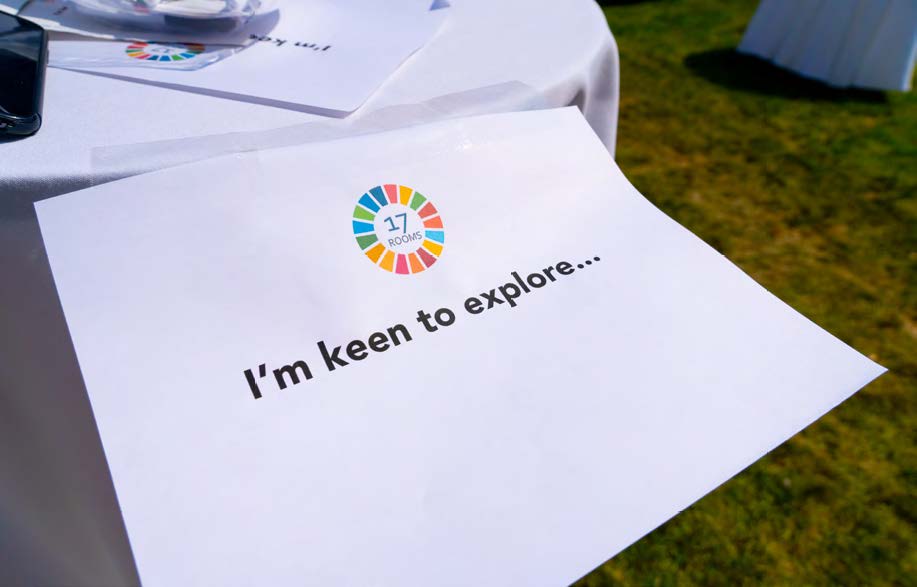
2022 Room Actions
This year’s flagship brought together an international community of more than 300 people in groups of typically 10-20 people per Room (see Appendix for list of participants). Beginning in May and June, each Room began working on its unique substantive focus and action agenda. In September’s annual virtual summit, all Rooms presented their draft plans to the U.N. Deputy Secretary-General Amina Mohammed for her live feedback, helping to inform each group’s firming-up of next steps. The final Action Agenda Summaries put forward by each Room are summarized later in this section below. Many of them draw inspiration from efforts made by previous years’ flagship Rooms, some of which are described in Box 1 and Box 2.
The range of Room approaches highlight the many forms of action that can help drive progress toward the SDGs:
Pursuing large-scale policy progress
New government policies and regulations can play a huge role in unlocking action. To meet Africa’s fast-growing protein demands, Room 2 developed a 12-month strategy to recommend policies for the African Union to consider on insect-based food, feed, and fertilizers. The Room used the time-bound 17 Rooms process to fortify working relationships among experts and generate resource commitments for different components of the strategy. The implications could be significant for SDG 2 and beyond, reducing direct farmer costs by more than 25 percent, lowering land use and greenhouse gas emissions, building entrepreneurship, creating employment, and unlocking new forms of food system investment and innovation across the region.
Prototyping new governance models for frontier technologies
Fast-shifting technologies often require new organizing principles to align with sustainable development outcomes. To this end, Room 9 deployed the convening power of the flagship process to assemble the mix of data scientists, development experts, and local actors needed to inform the co-design of a prototype digital data cooperative. In 2023, the Room aims to build on the momentum of this prototype—the first of its kind in a developing country—by creating a companion guidebook and global support network. The goal is to deliver resources to other cooperatives looking to harness new forms of value and agency through digital asset creation and ownership.
Integrating disparate approaches and uniting uncommon allies to unlock new forms of progress
Many groups find value in a neutral space that convenes diverse stakeholders for practical action. For instance, Room 4 used the process to align often disconnected education-for-climate initiatives into a cohesive global climate education action plan in the lead up to the COP28 climate summit in November 2023. Meanwhile, Room 17 brought together religious and secular leaders from existing partnerships and projects to launch an integrated global faith-secular alliance for climate action at this year’s COP27. As a step forward in advancing the “localization agenda”—a growing global effort to transfer power, processes, and resources from institutions in advanced economies to local leaders in developing countries—Room 11 curated a neutral space in which local leaders and global funders could work together on intersecting technical issues. This included the elevation of bottom-up approaches to assessing localization and frontier efforts to increase transparency of funding flows to local actors.
Generating tools for local-level action
For many global SDG challenges, success hinges on developing new local-level tools to help community-level actors gain traction. Recognizing the global inequities in mental health services—made stark by the COVID-19 pandemic—Room 3 brought leading urban mental health experts together with city-level decisionmakers to vet and prioritize population-level interventions to foster mentally healthy cities. Similarly, Room 16 gathered an international group of violence prevention experts, city-level decision-makers, funders, and local leaders from Bristol, U.K. to develop principles for packaging and communicating community-led approaches to urban violence prevention. Meanwhile, Room 14 built on the SDG Narrative Approach—identified in the previous year’s flagship—to mobilize four pilots of short-form communication efforts capturing cross-SDG linkages toward sustainable community-level management of reef and ocean ecosystems.
Deploying novel data techniques and tools to confront deep policy changes
New data science and analytical approaches can expand frontiers of policy awareness and reform at all scales of policymaking when they are well distilled, tested, and socialized. In this regard, members of Room 1 recognized that the livelihoods of the world’s poorest—increasingly imperiled by climate-induced disasters—can no longer wait for gradual policy reform. The Room brought together leading technical experts and policymakers to identify and demonstrate new mechanisms for rapid deployment of social protection programs, like natural disaster-triggered direct cash transfers funded by a blend of public and private finance. Meanwhile, a mix of workforce experts, company representatives, and investors in Room 8 focused efforts on establishing novel data-driven insights toward the proposition that company investments in training frontline workers can be a “win-win” proposition for employees and employers alike.
Spotting opportunities to overcome entrenched systems and structures
Many of the world’s deepest SDG challenges are embedded in institutionalized power structures, including many cross-border organizations that seek to reduce inequities. A mix of insider knowledge and outsider perspective is often required to drive change. In that spirit, Room 10 recruited finance and policy experts to craft a list of near-term measures that low- and middle-income-country governments and civil society actors can adopt to outmaneuver structural inequalities in the global financial architecture. Meanwhile, Room 13 took aim at the top echelons of global policy debates to advance an overarching argument for integrating the global climate finance agenda within the development finance agenda, to ensure transitions to a low carbon economic growth model can be equitable, just, sustainable, and nature positive. In Room 7, key global actors involved in efforts for the “Just Energy Transition” proposed the development of a “net people positive” framework that can be unpacked and deployed at country and local levels to facilitate equitable and just transitions to low-carbon energy systems in developing countries.
Reframing problems to mobilize new opportunities
Sometimes the best way to unlock a problem is to reframe it in a way that energizes new and existing stakeholders alike. In the 17 Rooms 2021 flagship process, a group of Rooms gelled around the notion of positioning nature as a foundational source of human, national, and global security. This year, Room 15 continued to advance this “Natural Security Initiative” and ran it through a gauntlet of ideation, pressure-testing, and design sessions. This led to a more advanced proposal for a “global commission on nature and security” to advance investment and advocacy within an emerging nature-security nexus. Meanwhile, Room 6 developed plans for a private sector engagement campaign to reframe water as “blue water”—an analogue of “green energy”—to help inform public perceptions around of the value of water. Room 5 convened a cross-section of academics and practitioners around the emergent nexus of “climate and care,” meaning opportunities to address the compounding local-level effects of climate- and pandemic-induced stressors on women and girls’ already outsized burden of caregiving in society.
Exploring new norms or collaborations
Some sustainable development challenges hinge on the evolution of new norms, which in turn require recognition of existing community-specific values and creative ways to forge a conversation toward new possibilities. In this spirit, Room 12 convened a group of business journalists, all of whom value independence as a professional principle, to discuss the role of business media in a new era of Environmental, Social, and Governance (ESG) reporting. This conversation mirrored some insights from last year’s Room 5, which organized its own “Room 5” spinoff conference in early 2022, to offer the neutral ground that might allow productive explorations to take shape around interfaith collaboration for gender equality (see Box 1).
BOX 1. ROOM 4: A MULTI-YEAR EVOLUTION OF ACTION
During the inaugural 17 Rooms convening in September 2018, a mix of education leaders in Room 4 brainstormed ways to bend the curve on SDG 4 for quality education over the following year. Among several promising action possibilities to emerge was a proposal to elevate education’s role in advancing climate action. After hearing this proposal during the plenary report-out session, several members of Room 13 (focused on SDG 13 for climate action) connected with members of Room 4 to contribute fresh thinking and relevant expertise. A series of follow-up calls helped galvanize a core group of actors around a shared vision for future action. This fed into many broader efforts and growing enthusiasm around the nexus of education and climate over subsequent years.
In 2019, 2020, and 2021, Room 4 focused on a variety of different education-related priorities not specifically related to climate. Then, in 2022, a new Room 4 cohort deemed the timing ripe to consolidate disparate efforts at the intersection of climate and education into an aligned global platform, as described in this report.
From an open brainstorming session that catalyzed a new approach, to a highly targeted effort to launch a global-scale undertaking, this journey highlights the value of taking a stance toward group SDG action within a diverse professional context like 17 Rooms. A focus on “next steps” can take many shapes over multiple years.
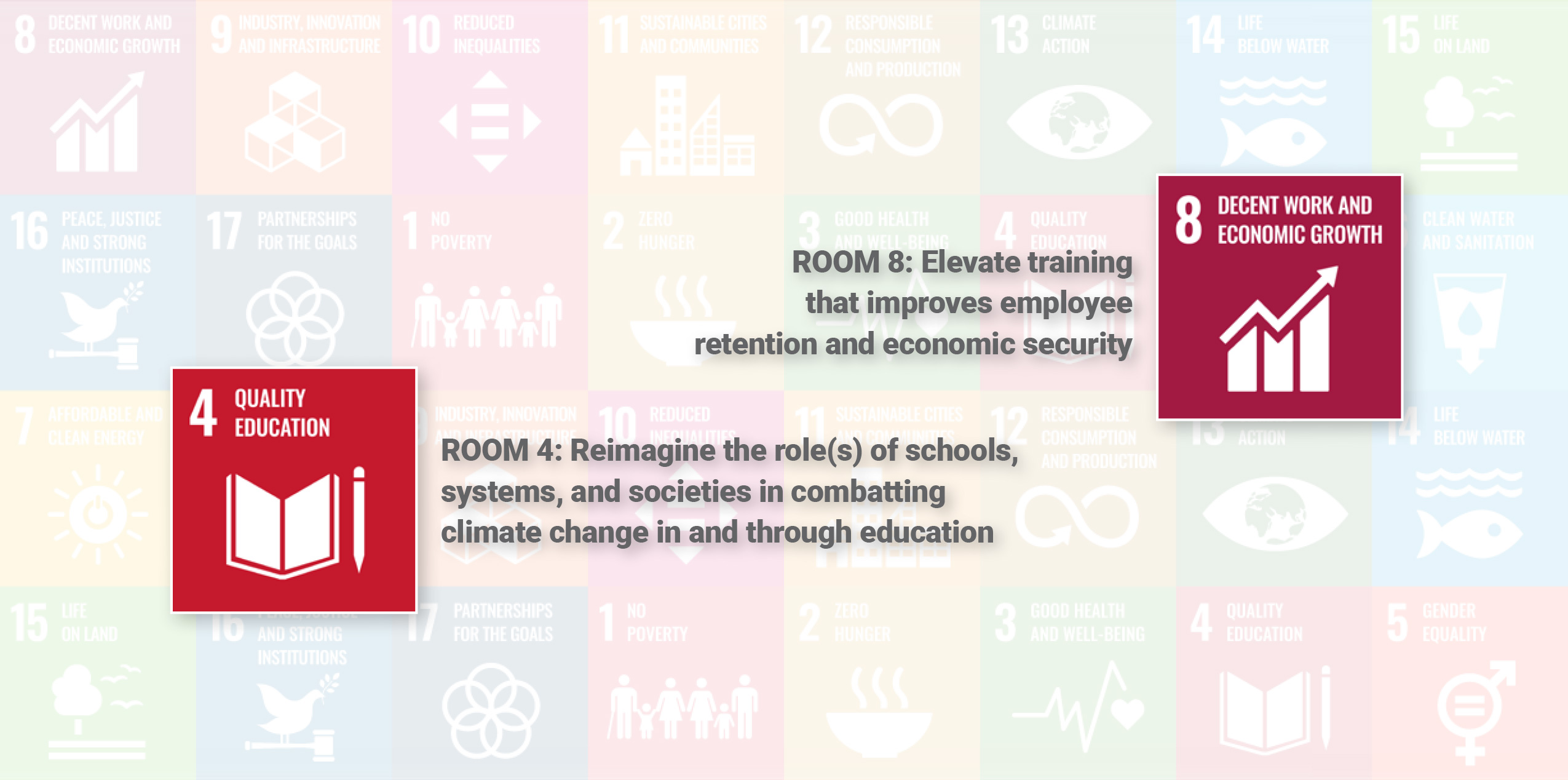
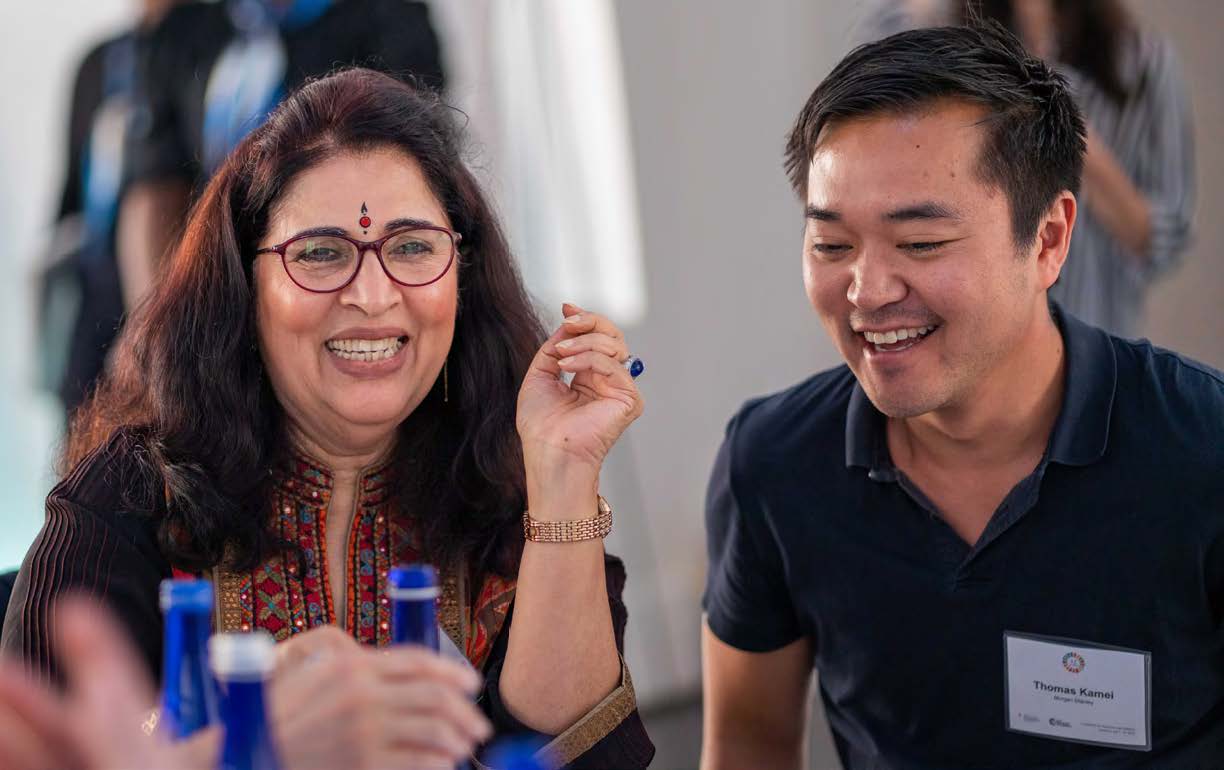
Action agenda summaries from the 17 Rooms 2022 global flagship
The following paragraphs summarize the action agendas put forward by each of this year’s 17 flagship Rooms. All Room Co-leads and Members are listed in the Appendix.
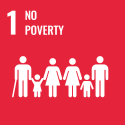
Room 1: Bridge poverty measurement and anti-poverty policymaking
Technologies such as Big Data, artificial intelligence (AI), and remote sensing have revolutionized the retail and transportation sectors. These technologies can also help transform access to essential services such as social protection and climate adaptation. To demonstrate this, Room 1 intends to test a new approach to targeted, parametric social protection using publicly observable data to support cash payments for people impacted by climate change. Priorities for testing include whether: (i) social protection systems can be made more responsive and trigger-based, such that existing social protection budgets can release cash within one day of a crisis (e.g., a flood, pandemic lockdown, or physical insecurity), and (ii) social protection budgets could promote private household-level or philanthropic purchasing of insurance premiums to drive higher adoption rates of social protection insurance, instead of relying on World Bank financial assistance, which is becoming increasingly difficult to sustain during a worsening global debt crisis.

Room 2: PROMOTE INSECT-BASED PRODUCTS ACROSS THE AFRICAN CONTINENT
Insect-based proteins can help African communities meet their increasing demand for food and protein by ensuring availability of locally produced and sustainable proteins. This can drive down farmer costs, reduce organic waste, promote local economic development, and mainstream traditional insect-based foods. Insects as food and feed have been commercialized by over 100 small and medium-sized enterprises (SMEs) in Africa, and animal feed processors have a near insatiable demand for alternative protein. However, many countries in Africa lack relevant policies and regulatory frameworks to support the sector, so a policy transformation is required across the continent. Room 2 will explore collaboration with the Alliance for a Green Revolution in Africa (AGRA) to formulate harmonized policies at the continental level with the African Union and the United Nations Economic Commission for Africa. The aim is that these policies will be implemented by individual countries across Africa—to promote and scale insect protein for food and feed with a circular economy focus. By the end of 2023, Room 2 will have successfully drafted a harmonized model strategy on insects for food, feed, and frass fertilizer, aiming for consideration by the African Union and its member states. The Room 2 supplemental document presents additional context and a roadmap for implementation.

ROOM 3: PRIORITIZE APPROACHES AND INTERVENTIONS TO FOSTER MENTALLY HEALTHY CITIES
While the social determinants relevant to mental health are widely recognized, there is no clear policy agenda for what to prioritize to create “mentally healthy cities.” Successful implementation of population-level interventions for mentally healthy cities could help address the enormous and inequitable imbalance between the supply and demand for mental health services across countries. Room 3 assembled a group of mental health experts and city-level decisionmakers to vet and prioritize the most impactful and actionable interventions for urban mental health. By the end of 2023, the Room aims to create and distribute easy-to-interpret “postcards” articulating the key principles of school- and community-based interventions to city-level decisionmakers, school-level decisionmakers, and relevant funders to help scaffold the design and implementation of trial interventions at the city level. The Room 3 supplemental document presents principles and provocations for mentally healthy cities.

ROOM 4: REIMAGINE THE ROLE(S) OF SCHOOLS, SYSTEMS, AND SOCIETIES IN ADDRESSING CLIMATE CHANGE IN AND THROUGH EDUCATION
Education systems can help lead the world’s collective response to climate change when ministries of education, teachers, and students have access to technical, financial, and political decision-making forums; agency to design, innovate, and iterate solutions; and actionable examples about how best to address climate change in and through schools, classrooms, and communities. To advance these priorities, Room 4 is launching a 12-month road map—from COP27 to COP28—for teachers and education leaders to co-create a climate-ready education system for all. The road map places educators at the center of the education system’s response and contains two workstreams: (i) establishing a strong global community of practice for school and system-level leaders in climate and education, where new solutions are discussed and debated for the future of the planet; and (ii) developing an “Education for the Planet” learning hub, a new repository of proven innovations in climate and education that are useful for teachers, school leaders, and education/climate policymakers.
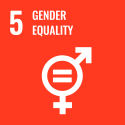
ROOM 5: ADVANCE CLIMATE RESILIENT, GENDER EQUITABLE CARE INFRASTRUCTURE
The COVID-19 pandemic—which disrupted education, childcare, long-term elder care, and other services— massively increased women and girls’ responsibility for care-related tasks. In many countries, particularly in the Global South, women’s care work is likely to be compounded by climate-related changes such as increased incidence of food-, water-, and vector-borne diseases, loss of arable land and crop failures, and mental and physical stresses resulting from extreme weather events and associated economic shocks. Local-level conversations about how to address care needs and climate change happen in silos. The Room is exploring how urban planning frameworks—such as the 15-minute city approach, which requires basic services to be accessible to residents within a 15-minute commute by foot, bicycle, or public transit—can help break down these silos by facilitating sustainable, localized, and climate-resilient care infrastructure and services. In 2023, the Room aims to develop a policy and research network to build out its initial ideas and produce a “Top 10 ideas” guidance document for addressing climate and care simultaneously. The document would offer a menu of options that could be tailored to local contexts and eventually be piloted as learning labs in cities around the globe.
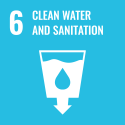
ROOM 6: UNLOCK WATER INNOVATION INVESTMENTS
All water consumers face challenges in knowing the quality of the water being consumed at home, at restaurants, and in other products. Accurate information about water quality is generally inaccessible without costly, time-consuming tests. Room 6 is exploring a “blue water” mark and norm-changing campaign that companies can engage in to demonstrate responsible water practices to consumers, both in terms of water quality and water quantity. In turn, the “blue water” mark can help consumers select higher quality and more sustainable water-based products. By 2023, the Room aims to pilot the campaign with a consumer-facing company, exploring opportunities to increase consumer water awareness and spur corporate investment in water innovations and sustainability.

ROOM 7: ACCELERATE JUST ENERGY TRANSITIONS IN DEVELOPING COUNTRIES
Transitioning from fossil fuels to a low-carbon energy system implies fundamental, country-level transformations of the economy, society, and culture. However, the implications of “just energy transitions” have not yet been well translated to the national and local contexts in low-income countries and other developing economies. There is a widespread desire to build a more compelling, holistic, and practical vision for just energy transitions in the developing world—a vision that not only translates into a net-zero-emissions world but also delivers on ending poverty, expanding economic opportunity, and deploying safety nets that help protect local communities through changing political and economic realities. Room 7 will collaborate to develop and promote a holistic, empirically sound framework for energy transitions in the developing world that are just and “net people positive.” The framework could potentially catalyze major public policy changes in all developing countries—not just coal-dependent economies—where major concerns such as climate and energy justice, sustainable livelihoods, indigenous rights, youth engagement, and women’s empowerment, among others, need to be addressed in the pathway to a low-carbon economy. The Room 7 supplemental document outlines ingredients for a net-zero pathway that is net people positive.

ROOM 8: ELEVATE TRAINING THAT IMPROVES EMPLOYEE RETENTION AND ECONOMIC SECURITY
While many companies are having challenges hiring and retaining their frontline workforce, these same workers have limited opportunities to move into well-paying careers that can provide a bridge to economic mobility. To address this issue, Room 8 aims to merge empirical and anecdotal evidence to identify a set of best practices for retaining and promoting frontline, entry-level workers. Success in 2023 will be an analysis of the skills valued and developed by employers that can be demonstrably proven to produce strong economic mobility outcomes for their employees, with learnings that other companies can leverage to improve both their financial performance and their employees’ prospects for economic mobility. The goal for this product will be to help create a virtuous circle by serving (as a first step) companies interested in improving the lives of their employees and for investors interested in understanding corporate practices that can contribute to shared prosperity.

ROOM 9: ADVANCE NEW GOVERNANCE MODELS FOR GENDER-RELATED DIGITAL USER DATA
Data cooperatives have the power to redistribute the economic benefits of digital user data—one of the world’s most valuable assets—from large data controllers back to data subjects. Room 9 seeks to advance this promising breakthrough model for inclusivity by designing and prototyping a use case in the Global South, developing a handbook for building data cooperatives based on learning from the use case, and establishing an incubator to support existing women’s cooperatives to pool and extract value from their data. The prototype will be built with Megha Women Farmers’ Cooperative and the SEWA Federation in Gujarat, India, with support from the Aapti Institute and Data2X. The handbook and incubator will be led by the Aapti Institute and Data2X with support from Open Data Manchester. The Room 9 supplemental document summarizes the Room’s proceedings.

ROOM 10: “CRACK” THE POLITICS OF DEVELOPMENT FINANCE TO FIGHT INEQUALITY
Low- and middle-income countries (LMICs) are facing the triple crises of debt, inflation, and COVID- 19, creating an urgent need to free up fiscal space to provide essential services, advance sustainable development, and build a more equitable future. Room 10 has crafted a near-term action agenda to unlock targeted financing mechanisms, aiming for creative and systemic changes to the challenges of austerity and debt. The agenda proposes a set of interventions that LMICs and civil society can advance without requiring domestic political approval in G7 countries. These interventions could potentially make exponential contributions to LMICs’ ability to finance the fight against inequality and would elevate the countries’ voices and influence in global economic governance. In 2023, Room 10 will convene multistakeholder dialogues among LMIC governments and civil society representatives to discuss and validate the action agenda and implementation strategy. The Room 10 supplemental document presents proposals for “cracking” the politics of development finance to fight inequality.

ROOM 11: SHIFT POWER, PROCESS, AND FUNDING TO LOCAL LEADERS
Methods of assessing “localization”—the transfer of power, processes, and resources of sustainable development to local leaders—tend to cluster into (i) macro approaches tracking the flow of resources; and (ii) micro approaches using locally-generated information to characterize development projects led from the bottom-up. Recognizing that both approaches are important, Room 11 created a neutral space for local leaders and Global North funders to pursue near-term opportunities to advance them in parallel. In 2023, the Room will respond to an invitation from USAID to support one to two pilot programs designed to improve the assessment criteria of USAID’s “50 percent metric,” the target by which half of USAID programming will place local communities in the lead, by having them co-design programs and set priorities, as well as implement or evaluate them. As part of this process, the Room will seek to engage with broader constituencies to capture and coordinate the perspectives of additional local development actors and global funders.

ROOM 12: HOLD COMPANIES ACCOUNTABLE FOR SDG OUTCOMES
Amid a broad shift in business and investor focus toward social and planetary goals, the role of business media remains unclear. There is little public conversation about the challenges and opportunities for business media in this new era of stakeholder capitalism. Business journalists face key questions such as how newsroom structures may need to change, the business case for ESG coverage, and the role of solutions journalism. Room 12 brought together a cross-section of business-focused journalists and other relevant experts with the aim of stimulating a broader conversation on these issues within and beyond the business media. By the end of 2023, Room 12 aims to (i) host a private roundtable discussion to bring together a network of relevant actors and (ii) curate a report looking at how business journalism is already changing and could change further in the era of stakeholder capitalism and growing focus on ESG and the SDGs.

ROOM 13: ALIGN THE CLIMATE AND DEVELOPMENT AGENDAS
The green development agenda has been facing pressures from high inflation, high food prices, and fallout from the Russian invasion of Ukraine. The fallout includes the push to develop more fossil fuels to compensate for Russian resource restrictions. However, the sound path forward is to continue expanding the development of clean energy and powering sustainable and green transitions. Room 13 will promote a cohesive finance narrative that positions green transitions as central to—and not in competition with— sustainable development. Specifically, the strategy will focus on unlocking more private finance, optimizing existing multilateral development bank (MDB) capital, and increasing MDB capital. By 2023, Room 13 aims to have informed the work of global finance and policy leaders, particularly through the Indian G20 Presidency, in achieving greater impact from the MDBs and mobilizing more private finance for climate and clean energy.

ROOM 14: ELEVATE LOCAL ACTORS’ OCEAN-BASED VISIONS BASED ON AN “SDG NARRATIVE APPROACH”
Many SDGs can be advanced by protecting the marine environment and achieving sustainable livelihoods. However, the cross-SDG benefits of ocean-based initiatives are under-recognized—making it difficult for initiatives to secure needed policy, financial, and other forms of support from key actors. Locally-based initiatives need support to strengthen and articulate the cross-SDG value, impact, and action needs of their work. To address this, Room 14 is building on its 2021 action agenda to pilot and refine an SDG narrative framework highlighting the cross-SDG synergies of local ocean-based initiatives. Four local initiatives volunteered to pilot the approach, with a goal of attracting greater visibility, support, and partnership by mapping links to other SDGs. By the end of 2023, the SDG narrative framework aims to have helped the pilot initiatives raise visibility and support, attract collaboration and investment from other sectors, and build momentum around key actions. Lessons from the pilots will be captured in a set of tools and best practices available to the broader international community.

ROOM 15: INVEST IN NATURE THROUGH THE NATURAL SECURITY INITIATIVE
Nature loss, environmental change, and ecological degradation are increasingly combining to stress individuals and social systems, leading to human, national, and global security threats. There is an urgent need for the national security community, the climate community, and the biodiversity community to join forces to confront these issues together, by increasing awareness of the security implications of nature loss and expanding action and investments to halt and reverse nature loss. Room 15 will advance the Natural Security Initiative (NSI) by producing a conceptual framework that elaborates on the nature-security nexus and developing a proposal to establish a Global Commission on Nature and Security. By the end of 2023, the Room seeks to publish the conceptual framework, conduct outreach to relevant constituencies, and secure seed financing for broader research, outreach, and policy influence on the topic. The Room 15 supplemental document and attachments detail the roadmap for implementation and present the nature and security conceptual framework.

ROOM 16: IMPROVE COMMUNICATION STRATEGIES FOR URBAN VIOLENCE PREVENTION
The world’s population is increasingly clustered in urban areas—and so too is the vast majority of serious violence. Without significantly reducing urban violence, Goal 16’s ambition of lowering all forms of violence by 2030 will not be achieved. Despite problematic messaging that proposes quick solutions to complex challenges, there is a real wave of support—from mayors, activists, researchers, policymakers—for effective, rights-based interventions to reduce and prevent urban violence. This wave needs amplification, investment, and reinforcement to be sustained and scaled. Room 16 aims to support this movement by developing, in 2023, a concrete approach to communicating the imperative of preventing urban violence through an evidence-based and rights-centered lens. To do this, Room 16 developed “5 Principles of Urban Violence Prevention,” and aims to pilot and learn from the adaptation of these principles in two to three cities. This effort will be directly tied to a strategy for unlocking more funding and support for violence reduction interventions globally.

ROOM 17: LAUNCH A ‘MULTI-FAITH AND MULTI-SECTOR’ ALLIANCE AT COP27
The values, community trust, influence, asset base, and north-south global positioning of faith actors, when more effectively aligned with secular climate change initiatives, can accelerate achievement of climate action goals. But coordinated, global-scale engagement is required between faith and secular communities—through collaboration on areas of specific common interest—to fully leverage the potential of faith-based contributions. To this end, Room 17 decided to launch a global-scale Multi-faith/Multi-sector Alliance for Climate Action at COP27. The alliance aims to catalyze ongoing initiatives by coordinating attention and effort of faith networks to bolster, scale up, and progress toward global climate goals. In 2023, the alliance aims to support at least three specific initiatives (the Multi-Faith Just Transition Climate Fund, the Joint Clean Energy Access communications and advocacy campaign, and a women and youth-led global campaign to meet carbon emissions targets) and one cross-cutting strategy of actively engaging faith-related media and communications networks. The alliance seeks to foster a new paradigm for faith-secular partnerships and a values-based transformation of the global economic system toward more sustainable and equitable outcomes.
BOX 2. SELECT ACTIONS FROM THE 17 ROOMS 2021 FLAGSHIP
Every year, the 17 Rooms flagship process brings together 17 issue-specific working groups to explore opportunities for joint action to advance SDG outcomes over the following 12-18 months. In October 2022, a year after the 2021 flagship arc had concluded, we checked in with a cross-section of Rooms to take stock of their subsequent progress.
Room 1: Expanding emergency cash transfer infrastructure for emergency response and adaptive social protection. Amid the early strains of the COVID-19 pandemic, the government of Togo led a pioneering effort with domestic and international partners to deploy rapid, hyper-targeted, emergency cash transfers as social protection for citizens in extreme poverty. Building on this success, Room 1 galvanized multi-stakeholder support for near-term scaling of similar infrastructure in more developing countries. This included the creation of a set of principles and guidelines as a resource for organizations designing digital cash infrastructure and coordinated efforts to fund and support proof-of-concept government-led cash programs. The Room helped mobilize over $5 million in philanthropic capital and is now supporting local leaders in Malawi and Nigeria in designing their own digital cash programs, expected to launch before the end of 2022. The Room further aims to package and codify learnings from these programs to support future scale-up of digital cash transfer infrastructure globally. (Co-leads: Michael Faye, CEO and Co-Founder, Give Directly; and Cina Lawson, Minister of Digital Economy and Digital Transformation, Government of Togo)
Room 5: Documenting, connecting the dots between, and supporting women leading change for gender equality in faith contexts. Anchored in a view that religion can be a catalyst for advancing gender equality, Room 5 convened leaders from across faith traditions to consider how religious actors could collaborate with secular actors to advance the “last mile” in achieving SDG 5 for gender equality. The neutral space of 17 Rooms allowed the group to support and connect dots between women leading change for gender equality, without implicitly preferencing one faith perspective over another. In March 2022, Room 5 hosted a major gathering, bringing together more than 100 female faith leaders from around the world in a virtual convening entitled, “Women Leading Change: Conversations on Faith & Gender Equality.” The event explored the role faith plays in gender equality, captured best practices, placed a spotlight on specific women leaders, and strengthened networks for further cooperation. (Co-Leads: Blessing Omakwu, Deputy Director for Goalkeepers, The Bill & Melinda Gates Foundation; and Jean Duff, President, Partnership for Faith and Development)
Room 9: Advancing “good” digital public infrastructure for a more sustainable and equitable world. In a fast moving and complex global space of digital technology infrastructure, Room 9 brought together technical experts, government officials, and funding actors to accelerate and amplify the global movement for digital public goods (DPGs) and digital public infrastructure (DPI). Building on Room 9 dialogues from the previous year, the group helped catalyze, shape, and align three independent strands of action: a policy agenda for Co-Develop, an international fund launched in 2021 to help countries develop inclusive, safe, and equitable DPI; the “DPG Charter,” a multi-stakeholder initiative to align and mobilize diverse stakeholders and initiatives around a compelling shared vision for DPGs; and a high-level multi-stakeholder commitment to support the development and scaling of inclusive DPI, which helped inform $295 million of initial pledges from various funders in September 2022. (Co-leads: Lucy Harris, Co-Lead, Digital Public Goods Alliance, UNICEF; Sanjay Jain, Partner, Bharat Innovation Fund; and Liv Marte Kristiansen Nordhaug, Co-Lead, Digital Public Goods Alliance, Norwegian Agency for Development Cooperation)
Room 17: Developing a public data tool to help investors track and avoid forced labor in company-level supply chains. Embodied in an unconventional pairing of Co-leads, Room 17 forged a ground-breaking partnership between leading institutional investors and experts on issues of forced labor and human trafficking. The group agreed to create a first-of-kind open data tool that would allow investors to estimate the company-level risk of forced labor within their portfolios. After performing initial research and scoping for building a “Forced Labor Open Risk Estimation Tool” (FLORET) in 2022, a subset of Room 17 participants recently secured technology and data partners to prototype and test the tool in 2023. (Co-leads: Kristen Abrams, Senior Director of Combatting Human Trafficking, The McCain Institute; and Carsten Stendevad, Co-Chief Investment Officer, Sustainability, Bridgewater Associates)
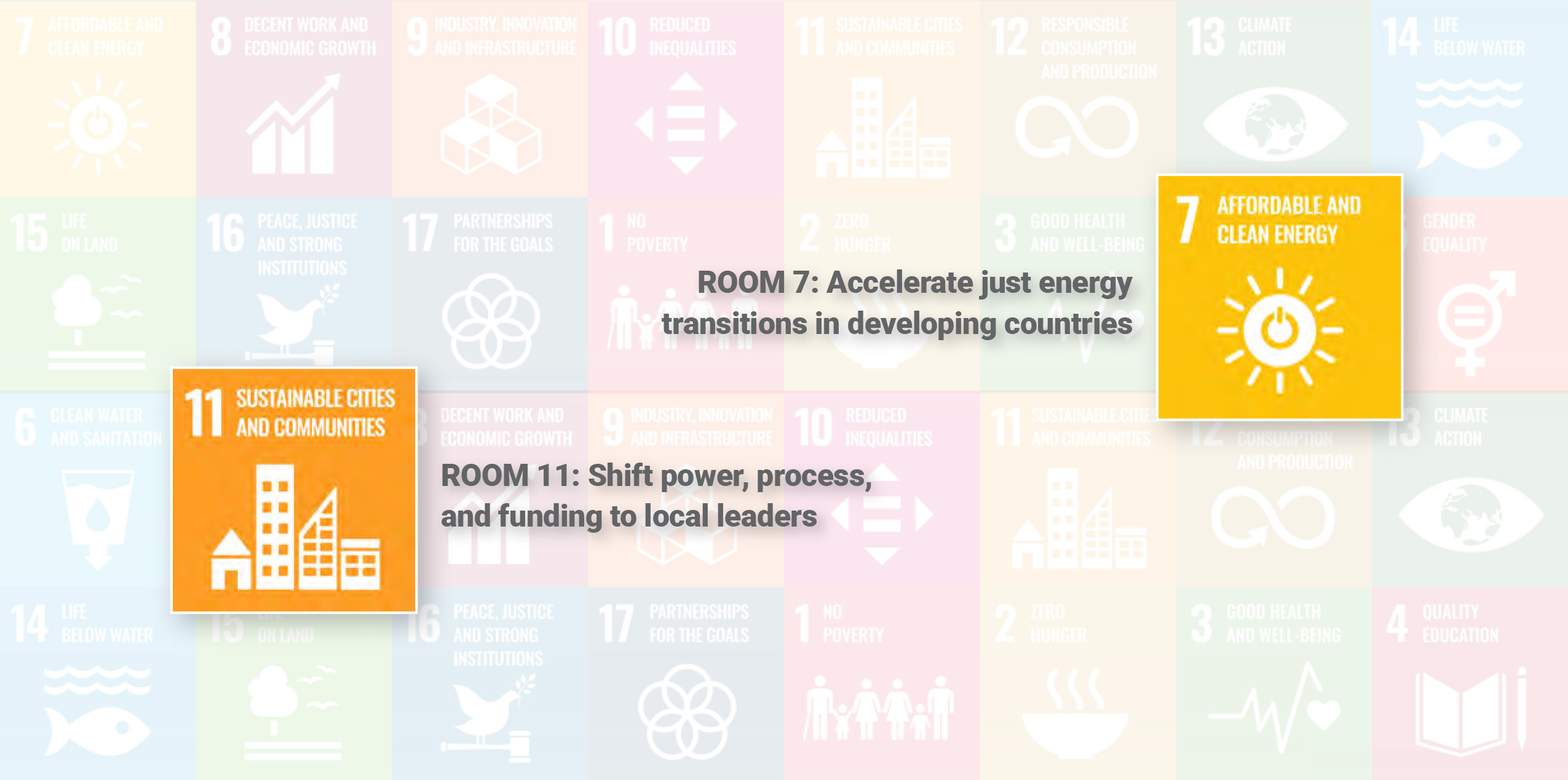
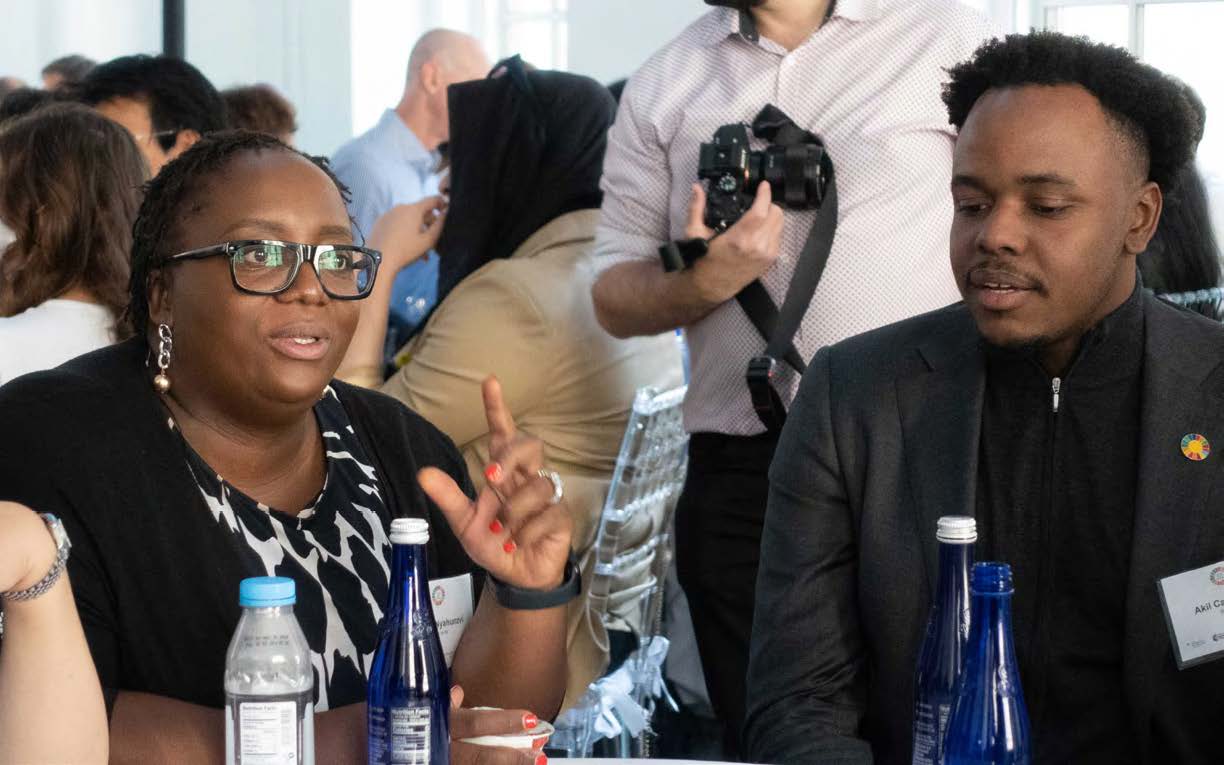
What makes 17 Rooms different?
While the 17 Rooms initiative is anchored in key design principles and methods, it is also constantly evolving. In 2022, we focused on refining methods to help Rooms identify their own path to action as efficiently as possible, respecting the time constraints of busy professionals. Fortunately, out of more than 120 people who completed this year’s final participant survey, nearly nine out of 10 gave high marks (four or five on a five-point scale) when asked whether participating in 17 Rooms was worth the time spent.
Achieving collective clarity of purpose, aligning on priorities, and securing adequate resourcing all appeared to fuel follow-on Room action.
A central task for 17 Rooms secretariat is to identify how each annual flagship cycle can increase the share of Rooms driving actions, while also prompting ideas and insights that add momentum to broader SDG progress. Different Rooms have different outlooks and group dynamics, so we tested a mix of research tools to track “what works.” So far, no single factor explains why some Rooms coalesced to define next steps more quickly than others, or why some focused on sharing insights more than planning next steps. Nonetheless, Rooms that started with a clear proposal for group input seemed to coalesce more quickly. At the same time, some Rooms benefited from more open-ended, generative approaches, which gave space for new ideas or consensus. Across this spectrum, achieving collective clarity of purpose, aligning on priorities, and securing adequate resourcing all appeared to fuel follow-on Room action.
Participant-driven insights are crucial for ongoing learning. As illustrated through the comments captured in Box 3 from the participant survey, the Who, What, and How of 17 Rooms all offer motivation. People value engaging with diverse expertise in their problem-solving conversations. They find advantage in convening around an action-oriented premise that values progress over perfection. They are keen to be part of agile processes that bring people together quickly. They like to work with similarly motivated leaders to push for collaborative progress. When the right ingredients come together, participants coalesce to accelerate change. In 2023, we aim to keep refining our understanding of what helps every Room most efficiently reach its desired form of action.

Priorities for 2023
In 2023, the SDGs will cross the midpoint of their 2030 deadline, with the U.N. hosting a major checkpoint summit in September. A default approach to the midpoint might focus on dire trend lines and a call to action for redoubled efforts. But leaders need to focus on more than what needs to improve. They need to focus on how people can come together in new ways to help drive their own improvements.
Leaders need to focus on more than what needs to improve. They need to focus on how people can come together in new ways to help drive their own improvements.
17 Rooms aims to help inform the global conversation on how to drive SDG action, through the international-scale annual flagship and the bottom-up 17-X community of practice. We do not pretend to have found an overarching solution for the SDGs, but we do think we have found some important ingredients for renewal.
The lessons come from more than the annual 17 Rooms flagship process. In recent months we have seen groups around the globe use 17 Rooms to solve local problems collaboratively—from communities in East Central Florida and Hawai’i in the U.S., to university-based efforts in Canada and Nigeria, to an exercise convening participants from more than a dozen countries in Latin America. Each of these 17-X activities demonstrates the power of the SDGs as a galvanizing force for bringing a community’s diverse interests together, and of 17 Rooms as a tool for revealing common aspirations and converting them into shared insights and action.
Over the coming year, the 17 Rooms initiative aims to involve more groups of people in generating more actions. To this end, we have recently launched two public portals, one soliciting proposals for future flagship Room ideas and another exploring partnerships for broader deployment of 17-X use cases.
In the near term, the flagship process will continue in its aims to offer a platform for supporting increasingly ambitious international-scale actions that advance the SDGs. It will also serve as an important testing ground for improving human-centered approaches to problem-solving. Adaptability will remain crucial as the world continues to recalibrate across virtual and in-person methods of convening.
When the SDGs were created in 2015, they mainly focused on the role of global and national institutions. Those entities matter enormously, but SDG success hinges on much more than them alone. The vision for 17 Rooms is to offer a pathway that enables widespread agency and helps democratize the SDGs—bridging the gulf between community-level interests and global aspirations for progress. In this spirit, we will be thrilled if our own next step is to support 50 local 17-X exercises within a year. As the world reaches for new forms of cooperation across groups of all scales, we hope 17 Rooms can help rejuvenate the world’s path toward sustainable development success.
Appendix
To see the full list of 2022 global flagship participants, download the report.
Acknowledgments
The Brookings Institution is a nonprofit organization devoted to independent research and policy solutions. Its mission is to conduct high-quality, independent research and based on that research, to provide innovative, practical recommendations for policymakers and the public. The conclusions and recommendations of any Brookings publication are solely those of its author(s), and do not reflect the views of the Institution, its management, or its other scholars.
Support for this publication was generously provided by The Rockefeller Foundation. Brookings is committed to quality, independence, and impact in all of its work. Activities supported by its donors reflect this commitment.
The Rockefeller Foundation advances new frontiers of science, data, policy, and innovation to solve global challenges related to health, food, power, and economic mobility. As a science-driven philanthropy focused on building collaborative relationships with partners and grantees, The Rockefeller Foundation seeks to inspire and foster large-scale human impact that promotes the well-being of humanity throughout the world by identifying and accelerating breakthrough solutions, ideas, and conversations. For more information, visit www.rockefellerfoundation.org.



